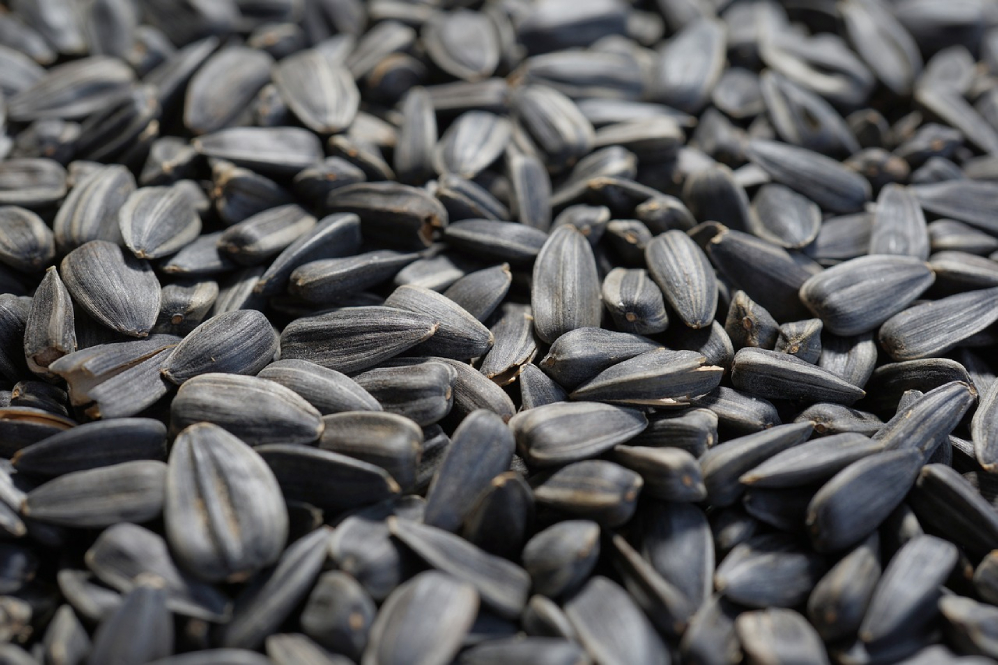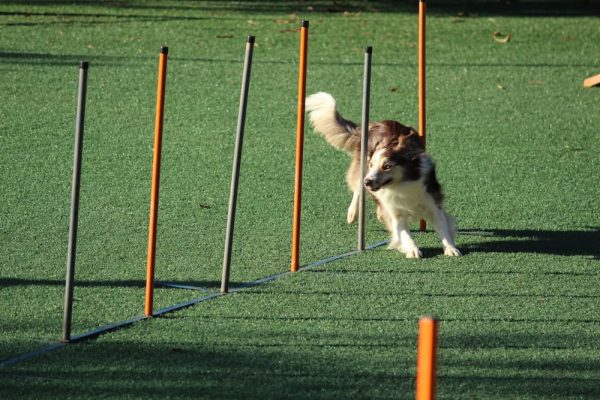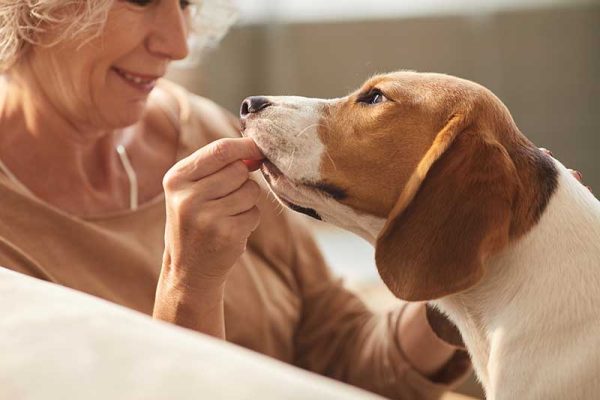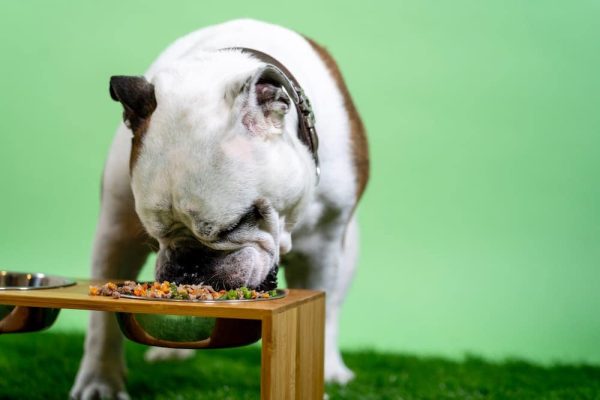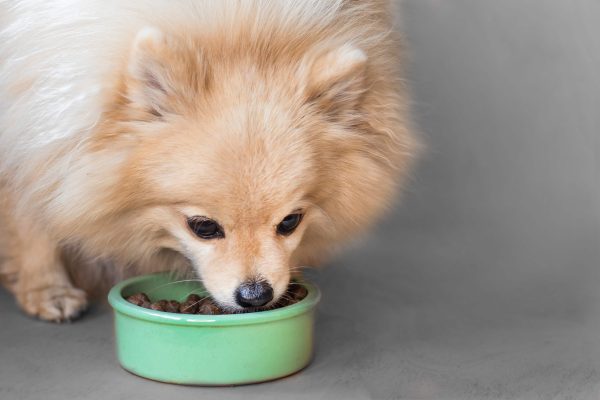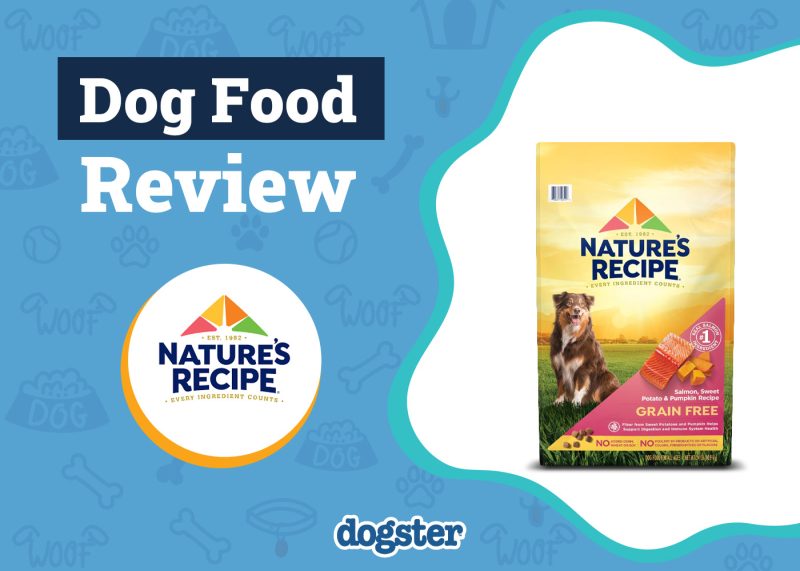In this article
Seeds are popular snacks, especially among health enthusiasts, due to their dense nutritional value. Naturally, some people wonder if they’re also safe for dogs. Many seeds are safe for dogs in moderation, but certain ones can be dangerous. Keep reading as we discuss which seeds dogs can eat and if they have any benefits. We also list the seeds that your pet should avoid.

Can Dogs Eat Seeds?
The short answer is yes, for the most part. Dogs can eat certain seeds, as they contain healthy fats, vitamins, and minerals that can supplement their diet. These nutrients can help improve their coat and even boost their immune system. However, some seeds can be high in fats or contain other components that your pet is better off only consuming in moderation or even avoiding altogether.
Before introducing any new item to your pet’s diet, it’s a good idea to consult with a vet in case there are any allergies or other health problems that might make consuming seeds a bad idea.
If you need to speak with a vet but can't get to one, head over to PangoVet. It's our online service where you can talk to a vet online and get the personalized advice you need for your pet — all at an affordable price!
What Seeds Should Dogs Avoid?
- Grape Seeds: Grapes are toxic to dogs, and consuming even small amounts can be fatal. Grape seeds and raisins are also poisonous.
- Apple Seeds: Apple seeds contain a small amount of cyanide, and although the risk is low, eating a large number of seeds can result in poisoning, with signs that can include dilated pupils, difficulty breathing, and panting.
- Cherry Pits: Cherries contain cyanide, like apple seeds, and can result in poisoning if your pet crunches enough of them. Another problem with letting your dog eat cherry seeds is that they can get stuck in the digestive tract, leading to blockages, especially if the dog is small.
- Avocado Pits: Avocado pits are large, and your dog’s digestive system may not be able to process them correctly. If that happens, you will need to get the seeds surgically removed.

The 6 Top Seeds for Dogs
1. Flaxseeds
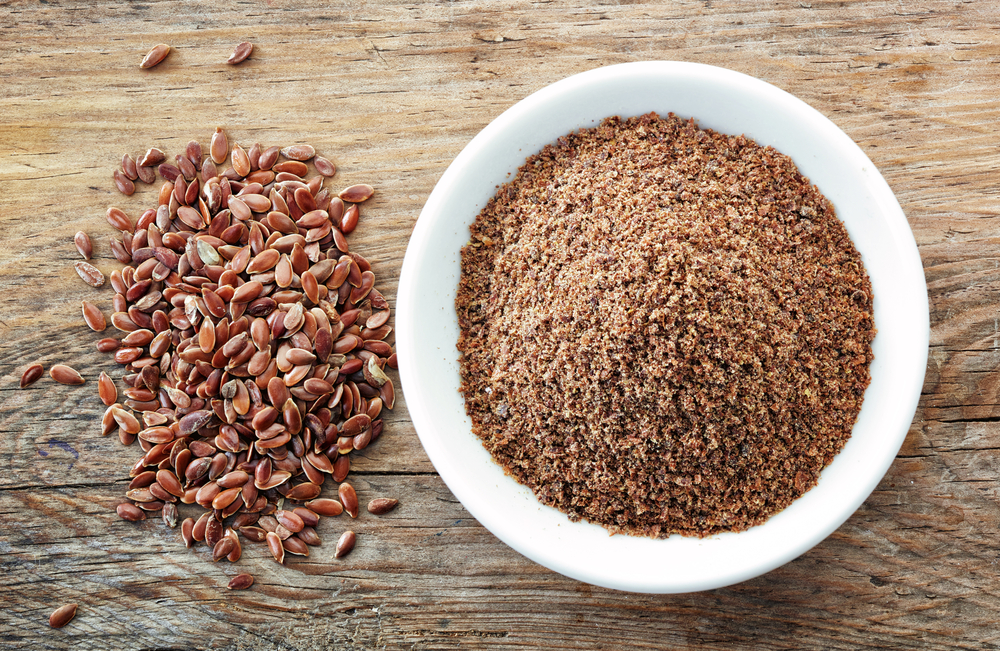
Flaxseeds have plenty of omega-3 fatty acids, which are great for your dog’s skin and coat. They also contain fiber, which can aid in digestion. Using ground flaxseeds is the best way to add these seeds to your pet’s diet.
2. Chia Seeds
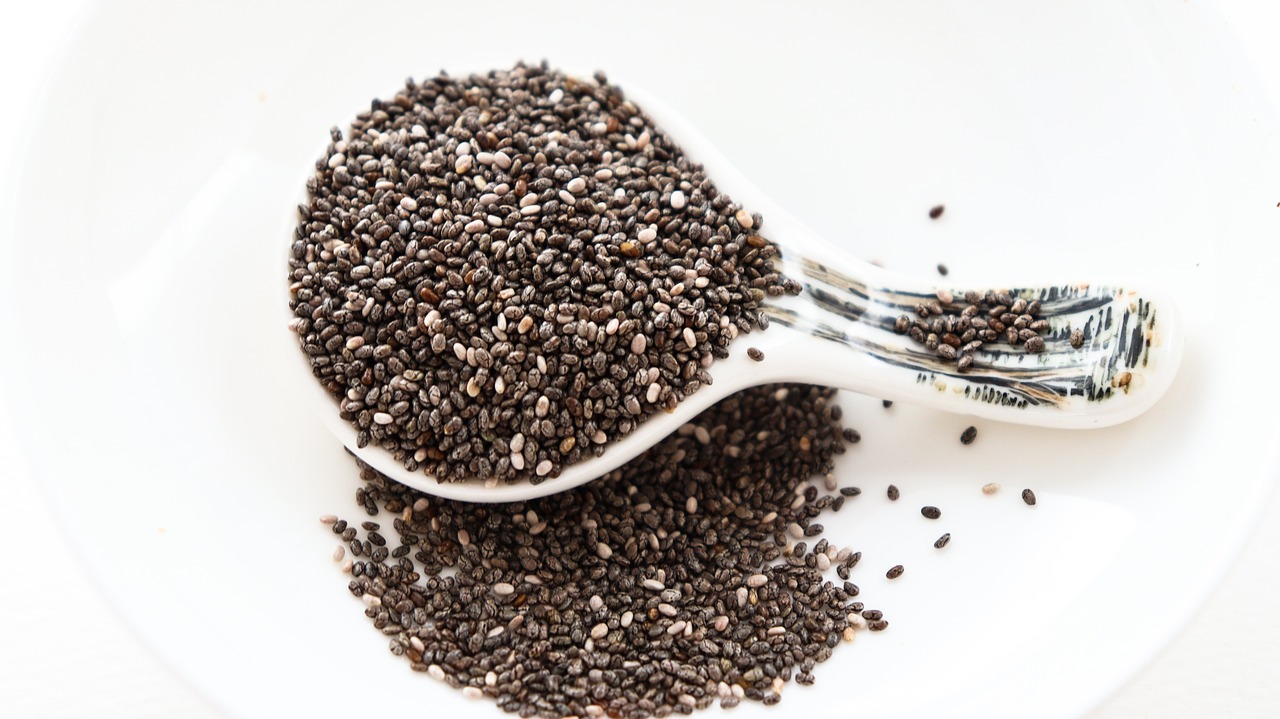
Chia seeds are an excellent source of omega-3 fatty acids, fiber, and antioxidants. They can help your dog maintain a healthy weight and support digestive health. Soak chia seeds in water before adding them to your pet’s meals to prevent them from expanding in the dog’s stomach.
3. Pumpkin Seeds
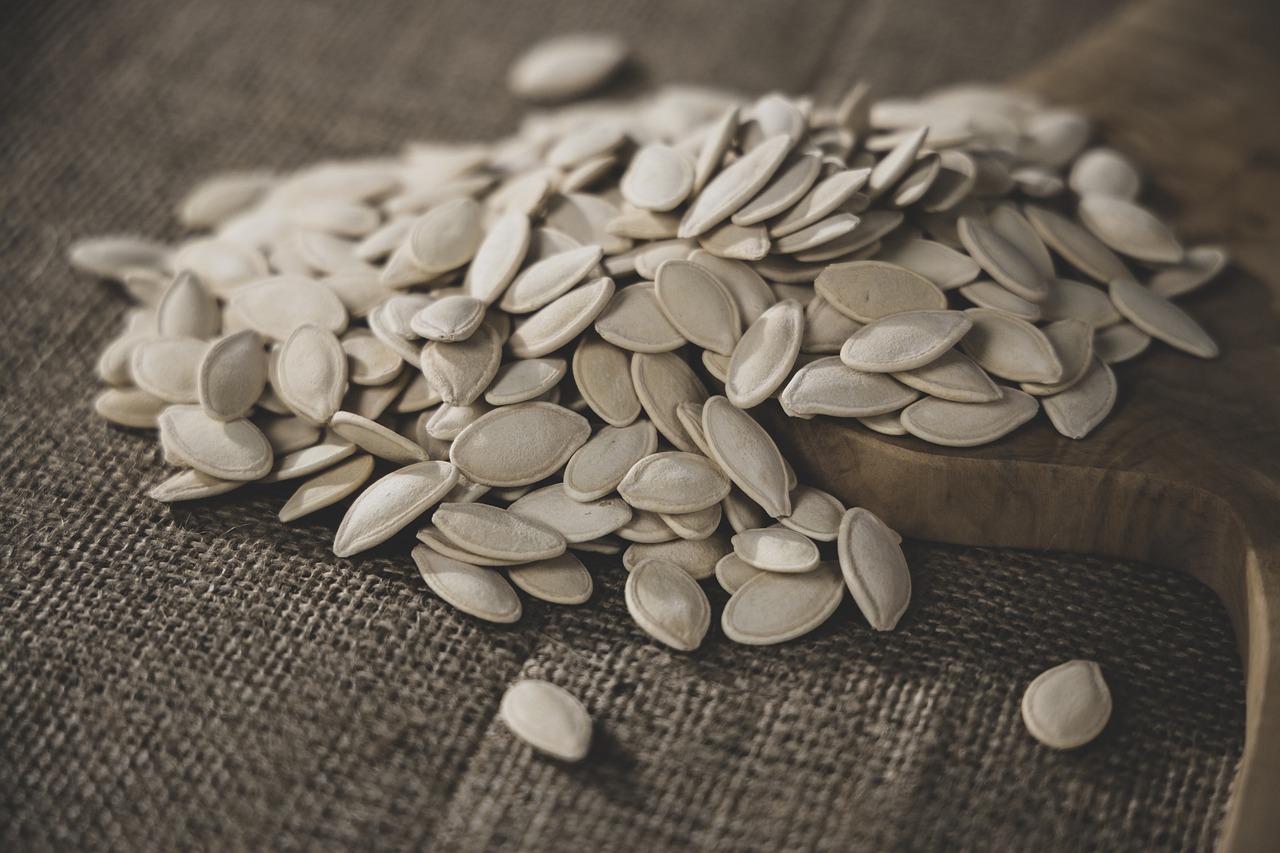
Pumpkin seeds are safe and healthy for your dog to eat but may be a choking hazard for smaller dogs. Grinding them before adding them to your dog’s food can help prevent this. Pumpkin seeds are packed with antioxidants and essential fatty acids, but also fat, so feed them sparingly.
4. Sunflower Seeds
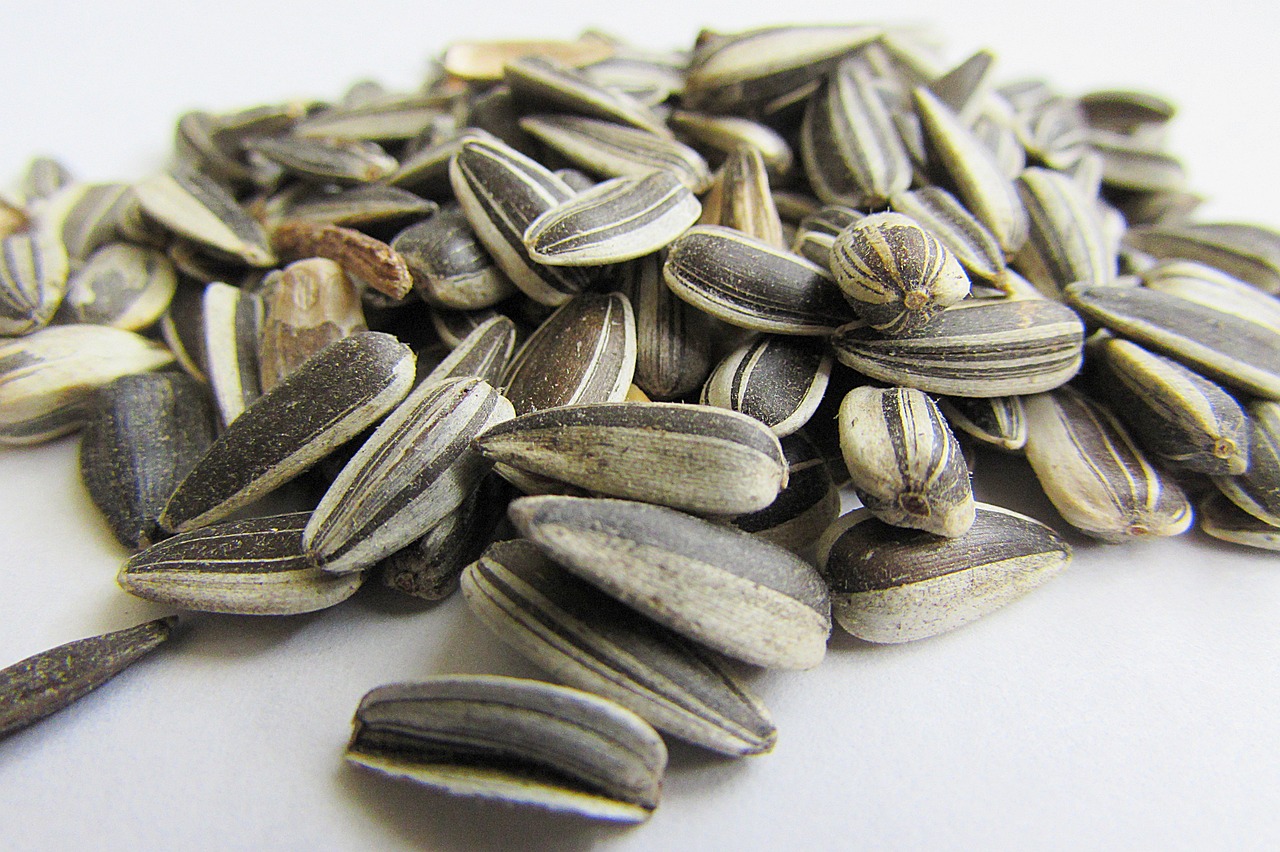
Sunflower seeds are rich in vitamin E, which supports your dog’s immune system and skin health. They also contain beneficial fatty acids and can be healthy snacks as long as they have no seasonings and the shells are removed. Only give small amounts as they are high in fat.
5. Sesame Seeds
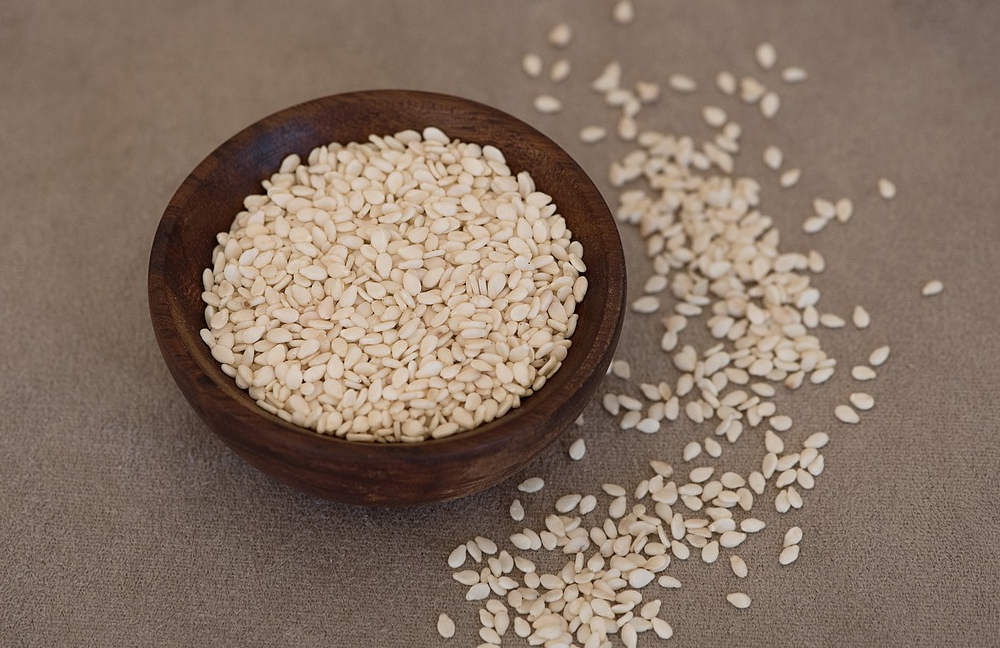
Sesame seeds can be a good source of calcium, copper, and magnesium, which support bone health, joint health, and metabolism. However, they should not be salted or have shells, and you should only provide them in small amounts.
6. Hemp Seeds
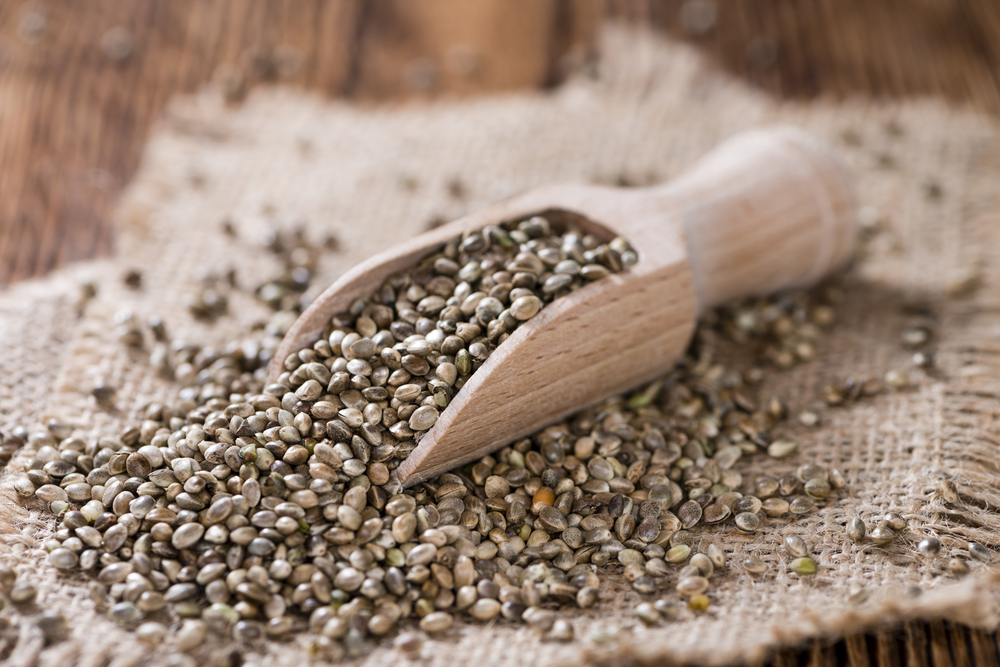
Hemp seeds are a great protein source and contain plenty of omega-6 fatty acids. They are best served hulled.

How Should I Feed Safe Seeds to My Dog?
When feeding seeds to your dog, start with very small portions to avoid gastrointestinal upset. This will also help you monitor your pet for any signs of allergies before you give them a larger portion that might be more dangerous. Seeds should be considered an occasional treat, not part of an everyday diet, because they tend to be high in fat.
Grinding the seeds will help make them more digestible and can make them easier to add to other food. Serve only seeds without any added salt or seasonings.
Tricks for Incorporating Seeds Into Your Dog’s Diet
- Sprinkle ground seeds over your dog’s regular food to enhance its nutritional value without disrupting their usual diet.
- Use seeds as ingredients in homemade dog treats.
- Use seeds like flaxseed when you want to improve your dog’s coat health and shine.

Conclusion
Top seeds for your dog include flax, chia, pumpkin, sunflower, sesame, and hemp. Always ensure that there’s no salt or other spices on them, and grind them when possible to make them easier for your pet to digest. Start with small portions, and watch your pet carefully for signs of an allergic reaction or digestive upset.
If your pet seems to like seeds, discuss the proper portion size with your vet to avoid weight gain, as they do contain a large amount of fat. Seeds to avoid include grapes, apples, cherries, and avocados, as they can all create health problems for dogs.
Featured Image Credit: webandi, Pixabay
